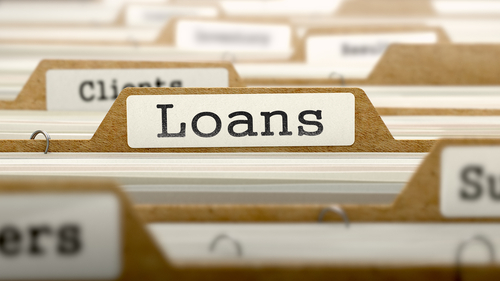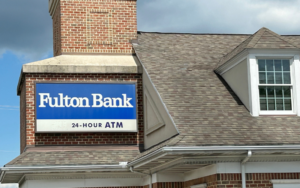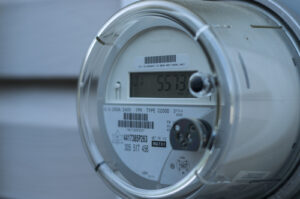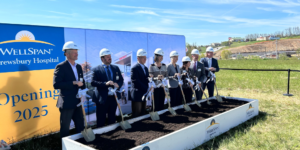Pennsylvania officials are tapping an Allentown-based lender to operate a statewide program funneling money to homeowners who want to make their homes more energy efficient.
- The program, called the Keystone Energy Efficiency Program, could provide up to $10 million in loans to eligible homeowners in amounts ranging from $2,000 to $25,000.
- The amounts are generally too high for a credit card but less than what people want to take out as a home equity loan, said Peter Krajsa, co-chair and managing member of National Energy Improvement Fund, or NEIF, the Allentown-based company managing the program.
- The Pennsylvania Energy Development Authority is kicking in $1 million, with NEIF sourcing additional money from the secondary market, Krajsa said.
- The company, a certified B corporation founded in 2017, operates similar programs in other states.
How does it work: Homeowners can apply online for financing at a dedicated website. But there are some conditions beyond being creditworthy.
- Homeowners must live in single-family homes or multi-unit buildings of no more than four units.
- The improvements — which can include insulation, electric-vehicle chargers, heat pumps, solar water heaters, and new doors and windows — must be on the federal government’s list of Energy Star products.
- The work must be performed by contractors approved by NEIF, which is planning contractor training events around the state as part of the Pennsylvania loan program, Krajsa said.
- Approved contractors would be able to include a link on their websites for consumers to apply directly for lending.
- NEIF currently has a network of 200 contractors in Pennsylvania but hopes to see it grow to more than 1,500, according to slides from a Pennsylvania energy authority board meeting held in February.
What’s the interest rate: 8.99%, which Krajsa said compares favorably to market rates for unsecured financing of around 12%.
- Krajsa expected to see strong demand.
- “My guess is that this $10 million will go within a year,” he said, basing that on an average loan size of about $10,000.
- Krajsa previously led an Allentown-based lender called AFC First Financial, which was sold in 2015 to California-based home improvement lender Renew Financial.
- AFC First worked with Pennsylvania in the early 2000s on a program called the Keystone Home Energy Loan Program, or Keystone HELP.
What’s next: The energy authority plans to launch additional financing programs.
- One would target local governments interested in energy-efficiency upgrades, according to the slides from the authority’s February meeting.
- It would be called Municipal Opportunities for Retrofits and Energy Efficiency, or MORE for short, and offer a mix of loans and grants.
- A spokesperson for the Department of Environmental Protection said there was no additional information to share yet on the MORE program.








